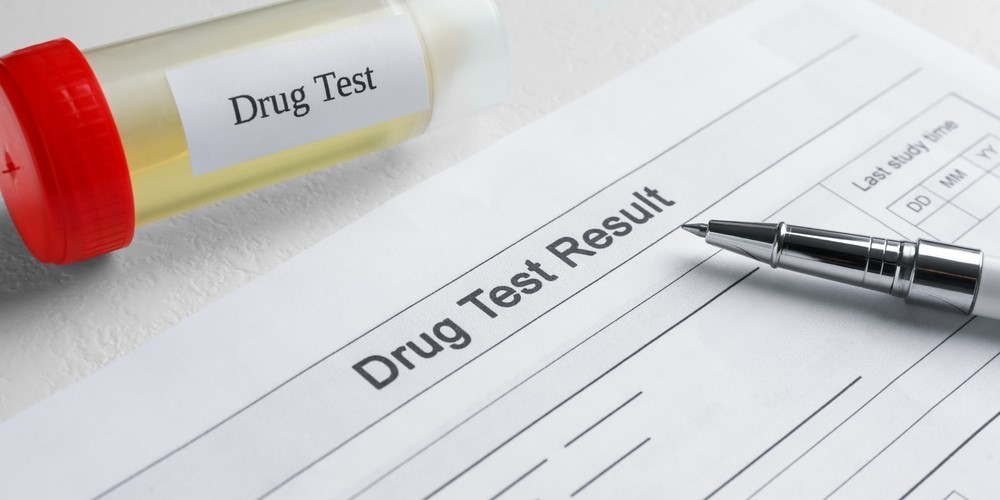The Carroll County Board of Education has approved the first reading of a policy to expand its student random drug testing program, adding nearly 20 synthetic substances to the list of drugs screened in middle and high school students.
Director of Operations Mark Willhoite spearheaded the change after seeing the rise of vapes and synthetic drugs flooding the youth market. Unlike traditional drugs, synthetics are often man-made chemicals designed to mimic the effects of substances such as marijuana, opioids, or stimulants. They are frequently sold as “safe” or “legal” alternatives, but many are unregulated, highly addictive, and unpredictable. This makes them especially dangerous for teenagers.
“I am really worried right now about Kratom and things of that nature,” Willhoite told the board while presenting the new testing program. Kratom, a plant-based substance often sold in powdered or capsule form, has stimulant effects at low doses and sedative effects at higher ones. Though marketed as natural, it can cause dependence, seizures, and even hospitalization when misused.
The random testing will be conducted by Occupational Medicine at the Carroll County Memorial Hospital. A medical doctor will notify parents of results following urinalysis. Afterward, the school district will contact families regarding next steps, which could include disciplinary measures. Results typically take a couple of days.
“We’ve had issues with people going to get a drug test, a kid having a seizure and they pop clean when we know they were doing some type of THC vape or something but we can’t prove it. Now we’ll be able to prove it,” Willhoite explained. Traditional drug panels often fail to detect synthetics, which are constantly changing in chemical makeup to avoid detection.
Carroll County Schools Superintendent Casey Jaynes noted the prevalence of synthetics used in vapes by students has expanded over the last four years. “We are hoping that by partnering with our local hospital and other agencies that we can provide our students with the support they need to be successful in life,” he said.
Students who participate in extracurricular activities, clubs, or drive to school must agree to testing. “It covers almost everybody at the high school because almost everybody is involved in something,” Willhoite said. Those who decline to sign the testing agreement will not be permitted to participate.
“We don’t have a lot of kids smoking marijuana cigarettes. That’s not what we’re dealing with now. They’re using Kratom, synthetic marijuana and those things,” Willhoite noted. In fact, he said the district has seen around 30 ambulance runs in the past two years, many likely connected to synthetic drug use.
He added that the problem is compounded by how cleverly vaping products are designed. “The vapes that are out there now are so disguised. The companies that manufacture these are doing it to hide from parents,” Willhoite said, noting that manufacturers continue to develop new substances and devices to stay ahead of regulation.
Still, the district emphasized that the goal of the expanded testing program is not punishment but prevention and recovery. Students who test positive for traditional or synthetic substances will be offered counseling and treatment options, giving families the tools to help their children.
The full policy is available here. REVISED DRUG POLICY 09.423.pdf

